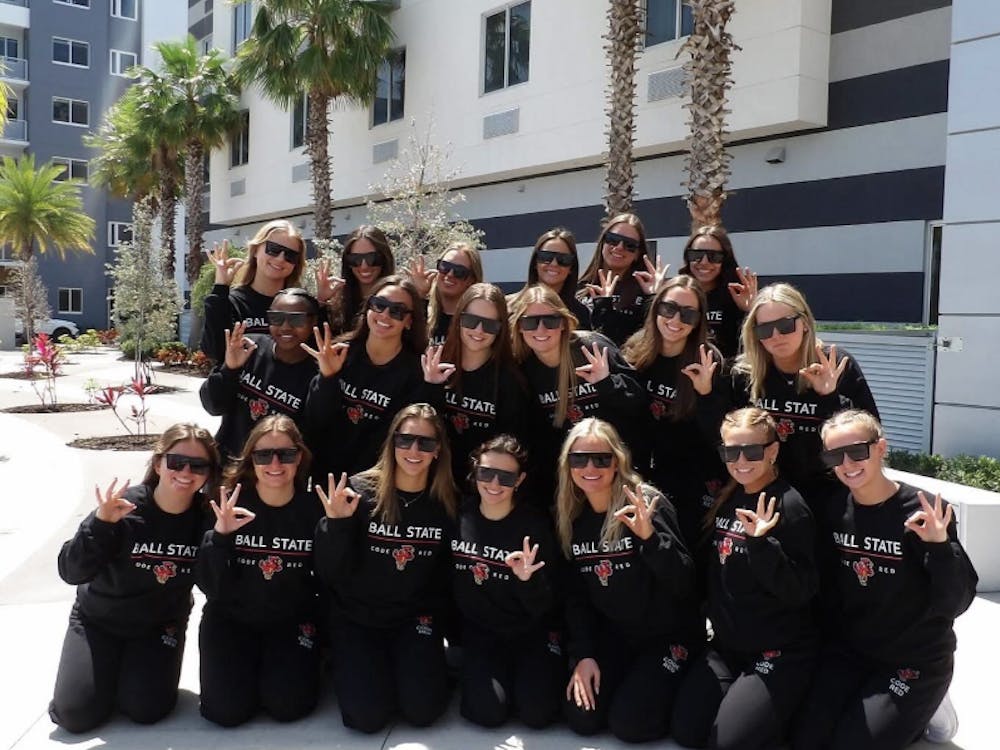Lancaster County, Pennsylvania is not a traditional Amish community—it’s rife with lines of cars, town centers, outlet malls, hotels, and super-stores like Target. Tourism has taken root. And the usually introverted Amish can be seen acting like salesmen.
Joseph Harasta, a professor at Kutztown University of Pennsylvania, has conducted studies looking into the unorthodox lives of the Amish in Lancaster County, which he’s lived nearby his whole life. He said Lancaster County feels like an amusement park for Amish culture.
According to Susan Trollinger, a professor at the University of Ohio, tourists are enthralled by the curiosity of this “strange” way of life that is so different from their own. She says the Amish present a distinct contrast to contemporary life in the United States.
Trollinger says Amish culture focuses on the community and bending one’s will to humility and living simply.
In her book, Selling Amish, Trollinger says for Americans faced with anxieties about modern life, being near the Amish is comforting. They seem to have escaped the rush of contemporary life, the confusion of gender relations, and the loss of ethnic heritage. She says, though, that Amish tourism can at times be a contradiction of their simple way of life.
The 1985 film Witness was partially filmed in Lancaster County. It was one of the first times the Amish were portrayed in popular culture. Harasta says people then and now are captivated by the antiquated life the Amish live.
He says people come to see the Amish like they’re seeing animals in the zoo, which he feels it is exploitative and unfortunate.
But it isn’t all bad—when people come to see the Amish, they also spend their money.
To continue reading, visit ballbearingsmag.com.





